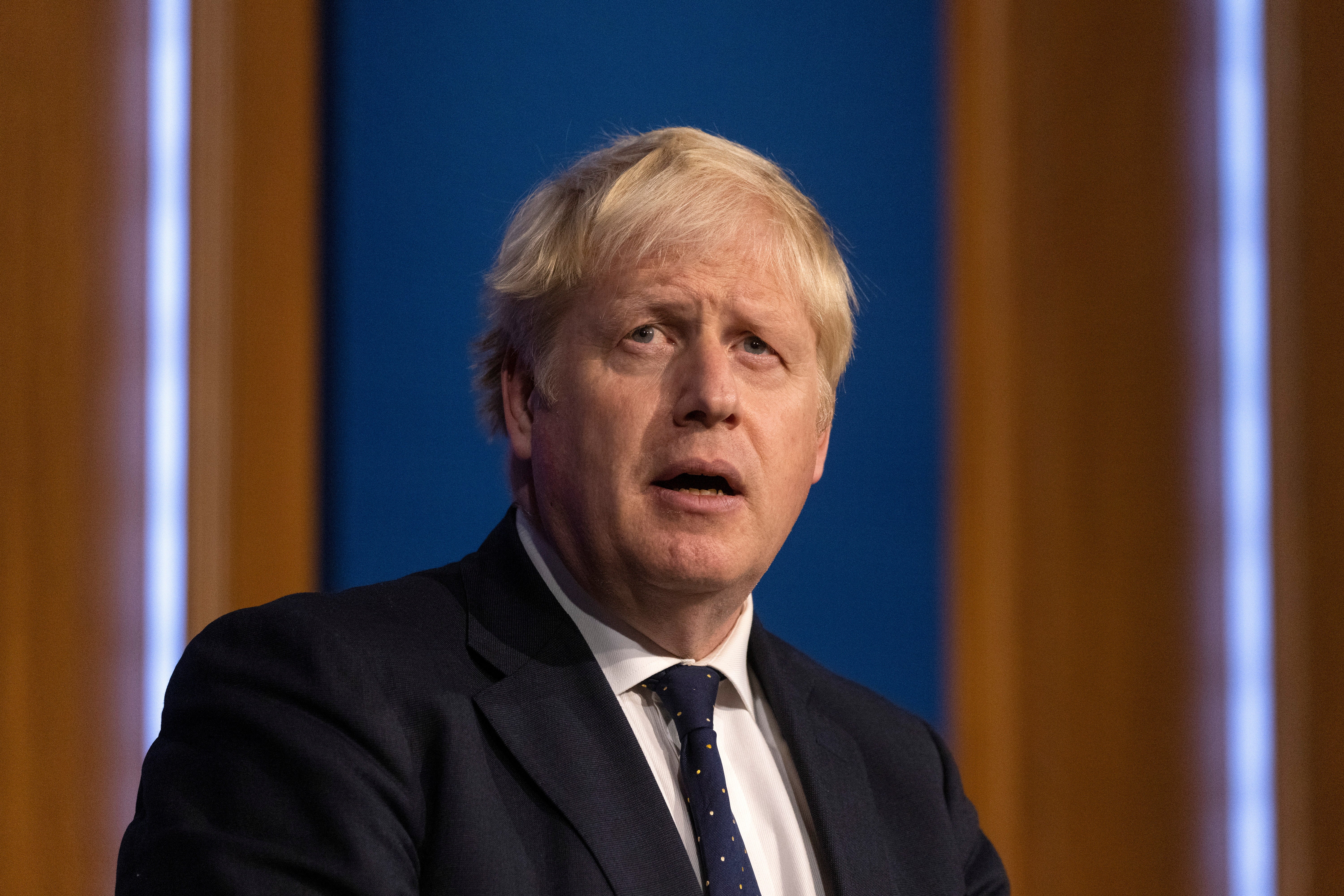Johnson’s refusal to heal ‘dysfunctional relationship’ with EU is damaging Britain, warns former diplomat
‘The tactic of trying to work with individual EU countries while maintaining a dysfunctional relationship with the EU will not work’

Your support helps us to tell the story
From reproductive rights to climate change to Big Tech, The Independent is on the ground when the story is developing. Whether it's investigating the financials of Elon Musk's pro-Trump PAC or producing our latest documentary, 'The A Word', which shines a light on the American women fighting for reproductive rights, we know how important it is to parse out the facts from the messaging.
At such a critical moment in US history, we need reporters on the ground. Your donation allows us to keep sending journalists to speak to both sides of the story.
The Independent is trusted by Americans across the entire political spectrum. And unlike many other quality news outlets, we choose not to lock Americans out of our reporting and analysis with paywalls. We believe quality journalism should be available to everyone, paid for by those who can afford it.
Your support makes all the difference.Boris Johnson’s refusal to rebuild the UK’s “dysfunctional relationship” with the EU is damaging foreign and security policy, a former top diplomat says.
Peter Ricketts, a former head of the Foreign Office, says the prime minister’s “tactic” of trying to build closer links with national capitals instead “will not work” and must be rethought.
However, Lord Ricketts said the bitter spats between London and Brussels since Brexit made the task hugely difficult, adding: “Unfortunately trust is now at a very low ebb.”
The warning comes after the UK rebuffed a European Union push to negotiate a defence and security treaty alongside the Christmas Eve trade deal, believing it to be unnecessary.
In the months since, the ‘Partnership Council’ intended to pursue closer cooperation between the two sides has barely met – after the hardline David Frost was put in charge of EU policy.
Emmanuel Macron, the French president, reportedly refused to hold a cross-Channel summit with the UK, because he believed that little could be achieved.
The warning from Lord Ricketts, also a former national security adviser, will come at a meeting of a cross-party UK trade and business commission of MPs, which will hear from other experts about the challenges now facing British diplomacy.
The peer said, ahead of the session: “The tactic of trying to work with individual EU countries while maintaining a dysfunctional relationship with the EU will not work.
“We urgently need to rebuild cooperation starting with areas like foreign and security policy where our interests are obviously close.
“But that will take trust and trust cannot be built by either side engaging in megaphone diplomacy or failing to meet commitments already made. Unfortunately, trust is now at a very low ebb.”
Terry Reintke, the vice chair of the Greens-EFA Group in the European Parliament, said the chaos of Brexit “has certainly damaged this reputation and trust in the UK internationally”.
And Georgina Wright, head of the Europe Programme at the think-tank Institut Montaigne, said the UK was faced with having to “work doubly hard” to get countries to “pay attention to it”.
Theresa May had stressed the importance of a comprehensive foreign and security policy deal with the EU, but Mr Johnson dropped the policy.
His focus has been on striking new trade deals – after foreign, security and defence policy barely featured in the 2016 referendum campaign.
Mr Johnson believed bilateral working with the key EU member states would allow it to exert influence over the others and over the Brussels institutions.
Ministers have pointed to the UK’s muscle as a leading military power, with nuclear missiles, a permanent seat at the UN Security Council and access to the Five Eyes spy network with the United States.
But confidence has been dented by the public split with Washington over the shambolic withdrawal from Afghanistan – which has revived calls for closer cooperation with the EU.
Join our commenting forum
Join thought-provoking conversations, follow other Independent readers and see their replies
Comments